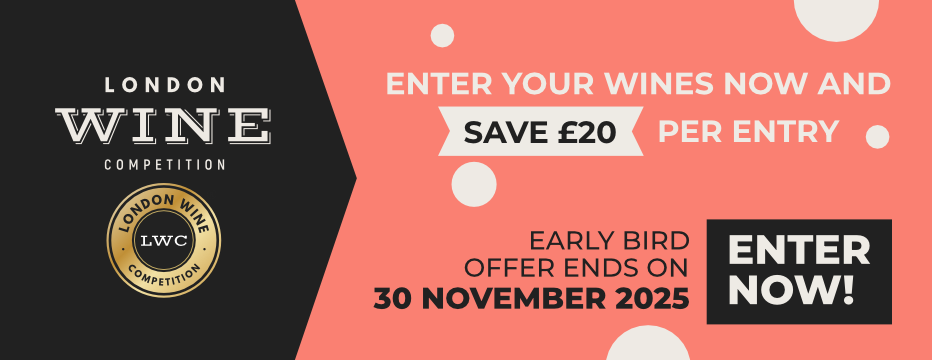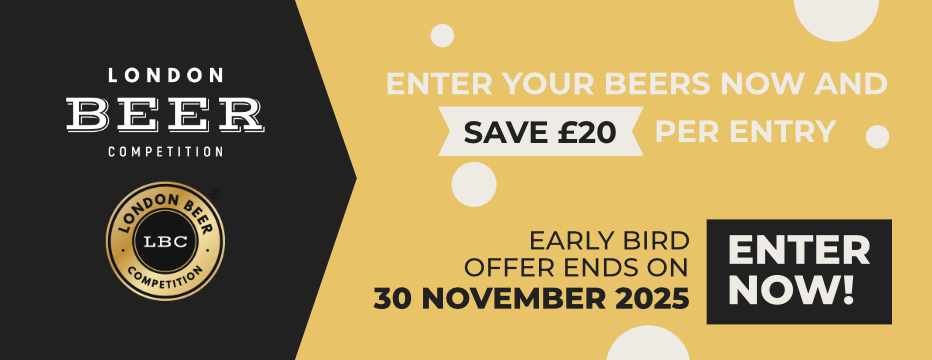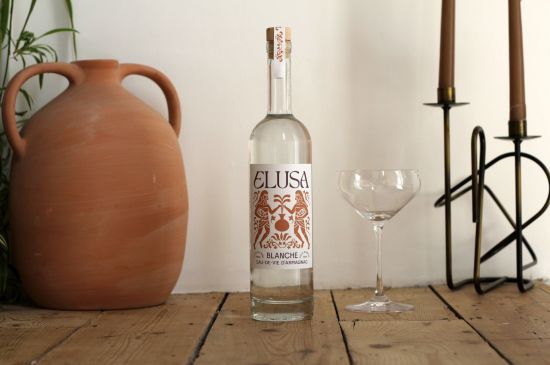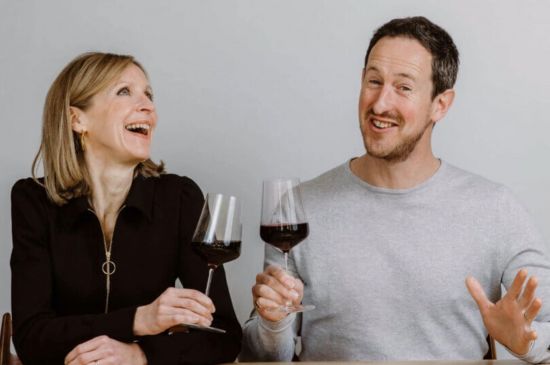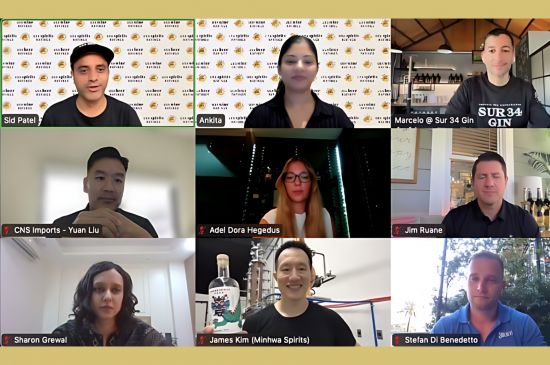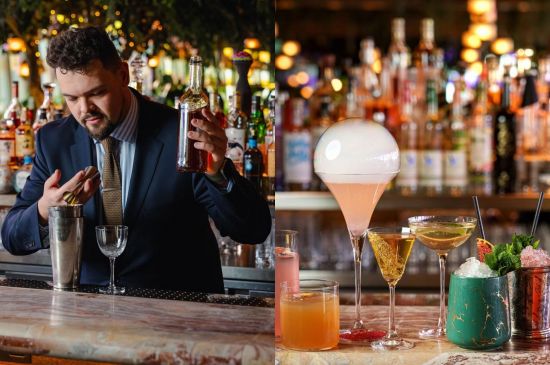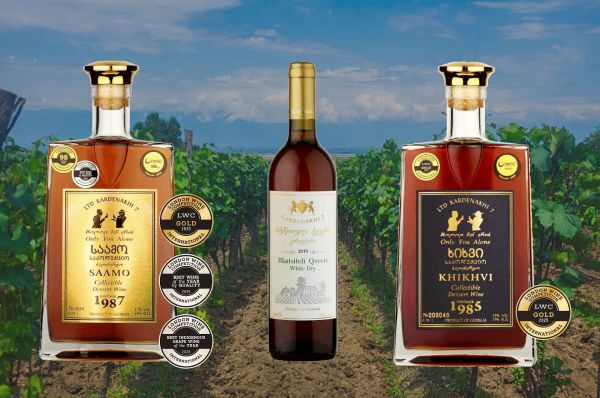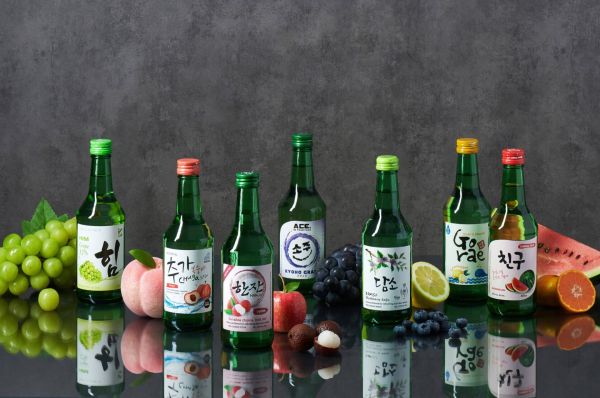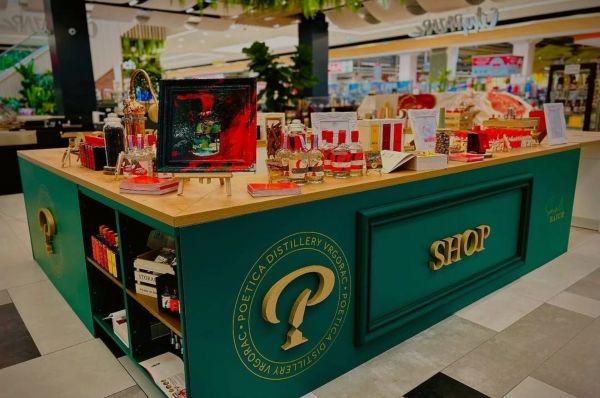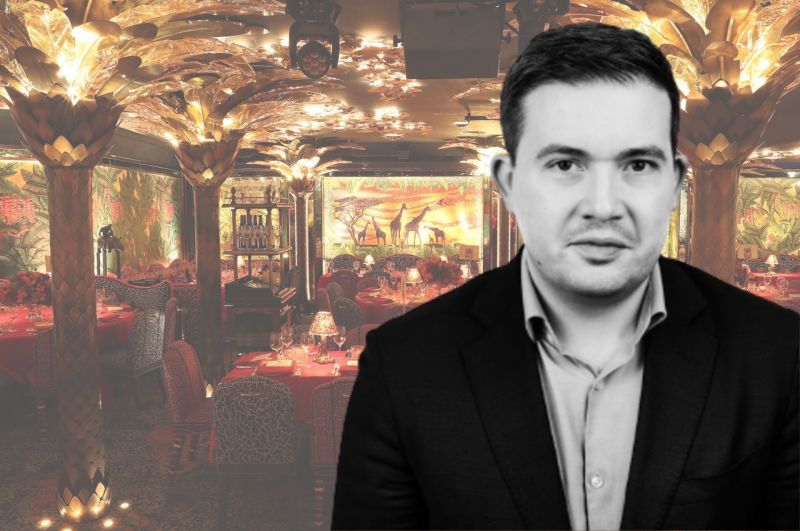
19/01/2022 Step into a world of exclusivity and unparalleled sophistication with service levels to match at the Birley Clubs.
The Birley Clubs have created a paradise of sophistication, unparalleled quality and service in the heart of Mayfair.
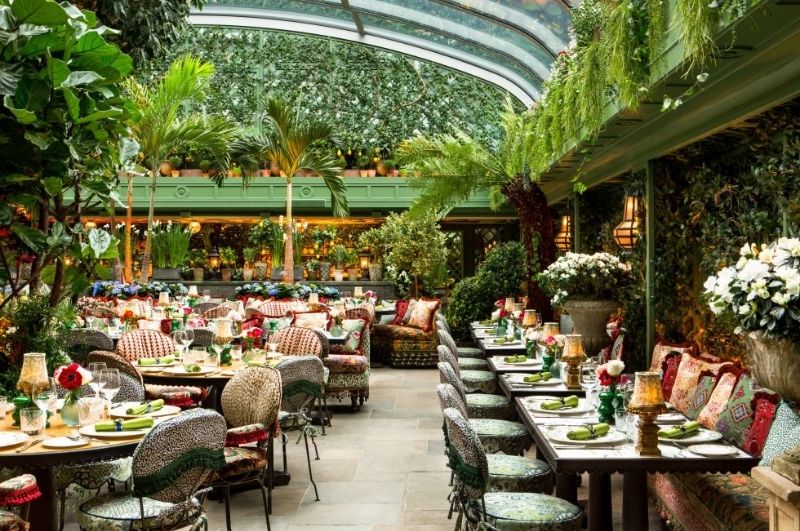
Annabel’s, one of London’s most legendary clubs
The Birley Clubs consists of five private clubs, each of them distinct from one another and utterly unique in London, if not the world. The glamour of Annabel’s, the continental grace of Harry’s Bar, the contemporary elegance of George, and the old-world charm of both Mark’s Club and Bath & Racquets. Membership is exclusive to each club, selected strictly via forwarding by an existing Member. All clubs share the same values of discrete and attentive service, scrupulous sourcing of ingredients and the meticulous attention to detail that has always ensured that membership is a privilege.
[[relatedPurchasesItems-22]]
Tell us a little bit about yourself. How did you begin your career and how did you progress into this role?
I started my wine career from an early age, attending the catering school in Le Touquet. At the age of 18, I moved to Angers to take my sommelier degree. After a spell as trainee sommelier at a Michelin starred restaurant in the Loire, I moved to England in 2006 where I became assistant head sommelier of the Hotel Du Vin Brighton, and then head sommelier of the Hotel Du Vin Cambridge. In 2009, I joined the Summer Lodge Hotel as an assistant sommelier to Eric Zwiebel MS and won the Chaîne des Rôtisseurs’ International Young Sommelier of the Year competition, before being named UK Sommelier of the Year in 2013.
[[relatedPurchasesItems-38]]
After working for nearly 5 years as head sommelier for Medlar restaurant in Chelsea, I then moved to the 28-50 group overseeing the wine buying department. In 2019, I moved to Caprice Holdings Ltd where I am the wine buyer and group head sommelier.
Define your role and the tasks involved in your role.
I am the group Wine Buyer and Head of Beverage, I am in charge of the whole wine program for the Birley Clubs which includes purchasing, wine List curations, Sommelier recruitment and training, running wine events such as wine tastings and wine dinners for our members as well as the running of the Wine Club. I basically got the best job in the world!
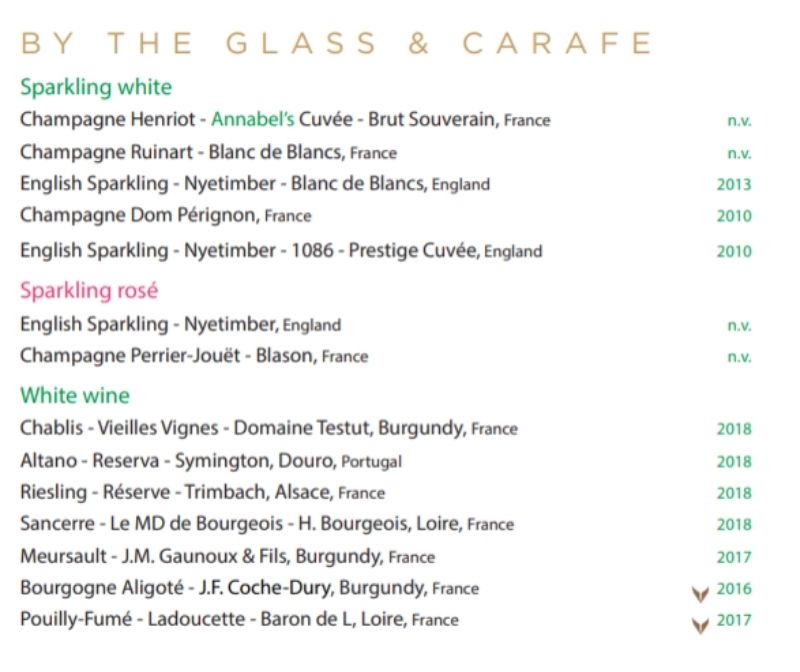
Picture of one of the wine lists at Annabel's.
The club also has a wine series program where they invite the leading wineries and Châteaus to present a selection of some of the best vintages in Europe. Their Wine Dinners will take you through a journey and exploration of wines that promise to envelope both the palate and the mind.
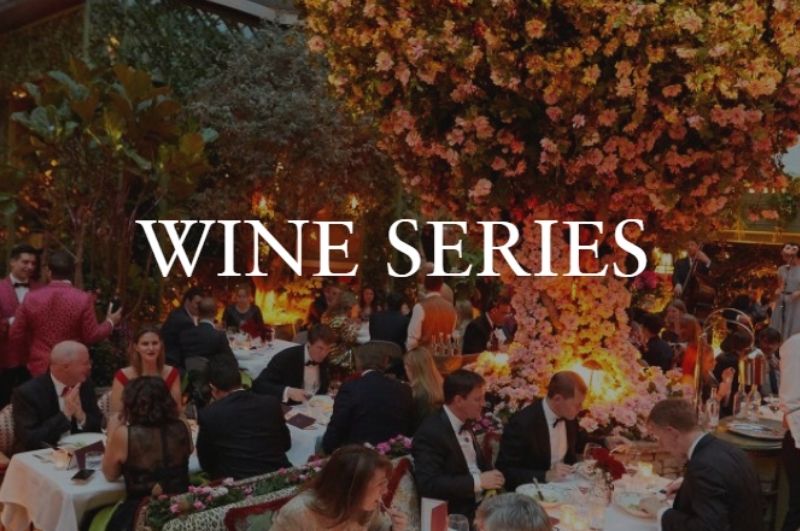
These exceptional wines are paired with a gastronomic four-course menu and hosted by Clement Robert MS as well.
What questions would you ask the restaurant owner before you plan your wine sales growth strategy?
What is the ambition behind the wine program? Would you like an award-winning program or do you focus mostly on offering something different to your guests? What is the most important for your business: Profit. Prestige. Reputation. All of it. What is the budget for the wine buying? How much space, time and resources are you planning to dedicate to the wine program? How keen are you to develop the team and the wine knowledge across your establishment?
Understanding the culture and need of the establishment is crucial. To create a wine culture you need the owner, the management and the staff to be on board and to make sure that your idea fits in the concept of the establishment.
How can suppliers work with you to drive sales?
1- by offering very competitive prices which will allow the establishment to offer better value for money wines.
2- Providing samples and bringing experts to run staff incentives and staff training.
3 - Using the supplier network and marketing to promote the establishment and the wine program.
4 - Teaming up to organize wine dinners and experiences for guests.
5 - Providing efficient delivery services to make sure that the establishment does not run out of stock.
Give us an example of a profitable wine program, mentioning wine brands and why you have them.
If your establishment can afford the investment, En Primeur and rare wines allocations naturally give an edge to the business. If the business can get hold of some Domaine Coche Dury, Sassicaia, Domaine Leflaive, Le Pin, Chateau Petrus the return on investment from those wines down the line is phenomenal.
Buying wines which punch above their price tag is also very important and can be very profitable. Having wines which are virtually unknown but which deliver a superb tasting experience should allow you to apply higher margins.
Own Labels is another way to boost your profitability. Having a well designed, appealing own label with the brand name of your establishment allows you to have a wine which cannot be compared with the competition.
The key is to have someone expert enough in your business to pick a wine which again delivers an amazing tasting experience at a very good price.
Let's dive deeper into your restaurant wine program. Break it down for us as to why certain elements were included in the wine menu and how these helped the bottom line.
- Having a well balanced list is crucial: different wines at different price points to suit every pocket from various regions of the world.
- Nail the classics such as Sancerre, Chablis, NZ Sauvignon Blanc, Gavi..... Never consider those wines as non-essential because a Sommelier finds them uninteresting.
- Having a brilliant wine by the glass selection which offers classic appellations. Classic and well known names as well as gems and unusual wines.
The above sounds basic but it is neglected or not applied properly 85% of the time in restaurants. The amount of time I go out and want a simple glass of wine and end up with a Georgian wine made in Amphora is painful. Those wines have a place and time but as an example a brilliant glass of Sauvignon Blanc will deliver consistent guest satisfaction.
What are the points you look at when selecting a new wine for your wine program?
- High Quality is number one: Regardless of the name or price tag, quality has to be the driving factor behind my decision to bring a new wine.
- Value for money.
- Selling Potential: Any new wines have to be commercially viable for the concept or type of establishment: no point in bringing a £5000 bottle of wine if you are never going to sell it or bringing a pallet of orange wine in a classic French restaurant.
- Making sure that the team will get behind the wine selection: A majority of the wines have to sell by themselves but it is very important that the team understands [the wines] and therefore get training on the wine selected so I can share the vision of the wine program with them.
What is the difference between the role of a sommelier and a wine director?
The Sommelier is the one who relays and delivers the vision and the strategy which the wine director has established. In reality a strong Sommelier should aspire to be a wine director. At the end of the day Wine Director, Head Of Wine, are just titles.
Define a good sommelier and what qualities you would look for when hiring one.
A good Sommelier should be first hospitable, love wines and have a strong understanding of various cuisines in order to deliver sharp wine pairing. They should be able to work in a team and have strong organization skills.
What do you look for when you have to evaluate the effectiveness of a wine program?
The effectiveness of the wine program can quickly be evaluated on the points below:
- Organisation of the Cellar: Without a well-organised cellar you cannot run a wine wine department efficiently.
- Profitability: The GP result has to match the forecast.
- Stock Holding: The rotation of stock has to be healthy and aligned with the budget, only en primeur and fine wines allocations should be standing still.
- Wastage: Wastage is a clear indicator on how well the wine department is run: high wastage shows weak operational practices.
- Culture: Quizzing the management and ownership about the wine program provides a quick and efficient snapshot on how important the wine program is from their point of view.
How according to you has the role of the sommelier evolved, especially now during Covid times?
The role of Sommelier is a lot more demanding in 2021 than 2011, and a good sommelier has to have the full vision of the restaurant operation as well as be an expert in their field. Ultimately a sommelier is the judge on the amount of revenue they bring in wine sales as well as the wine experience they provide during a service/shift. With delivery services and digital experiences which help businesses massively during lockdowns the sommelier has developed further.
What are some of the most important skills for a sommelier to have?
- Loving wine first
- Being hospitable
- Being able to listen to guest requests
- Have a strong knowledge of international cuisine
- Curiosity
- Ambition
- Organization Skills
Your favorite places to enjoy great wine in London?
Hide is pretty special. I love Medlar but I used to run the wine program so I am probably biased.
What's the best part of your job?
Tasting tons of wines, being connected with the world’s best wine people such as leading producers, wine critics and wine collectors.
What's the worst part of your job?
Dealing with politics.
If you had to pick one red and one white wine as your personal best, which wines would they be?
White wine: A top Meursault or a great Chenin from the Loire.
Red Wine: A Barolo or a Barbaresco.
Any favourite food and wine pairing suggestions for London drinks enthusiasts?
The simpler the better in my opinion: Asparagus with a Loire sauvignon Blanc, A Shiraz from Australia with a Wagyu fillet, a crisp Riesling with Seabass Ceviche, Barolo with Truffle Tagliatelle, A mature Bordeaux with rack of lamb and girolles...... endless combinations....... the beauty of the wine world.
TAGS:
 The On Trade
The On Trade 